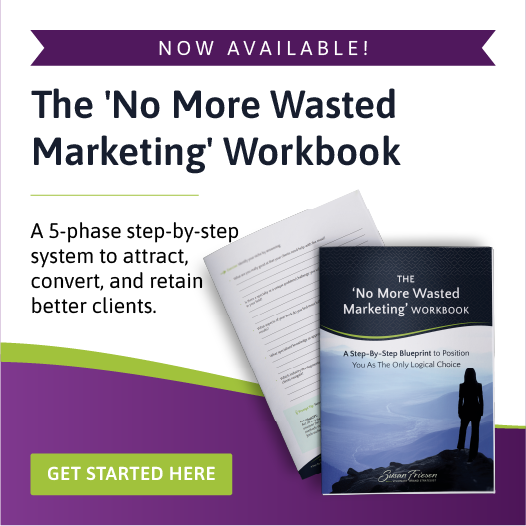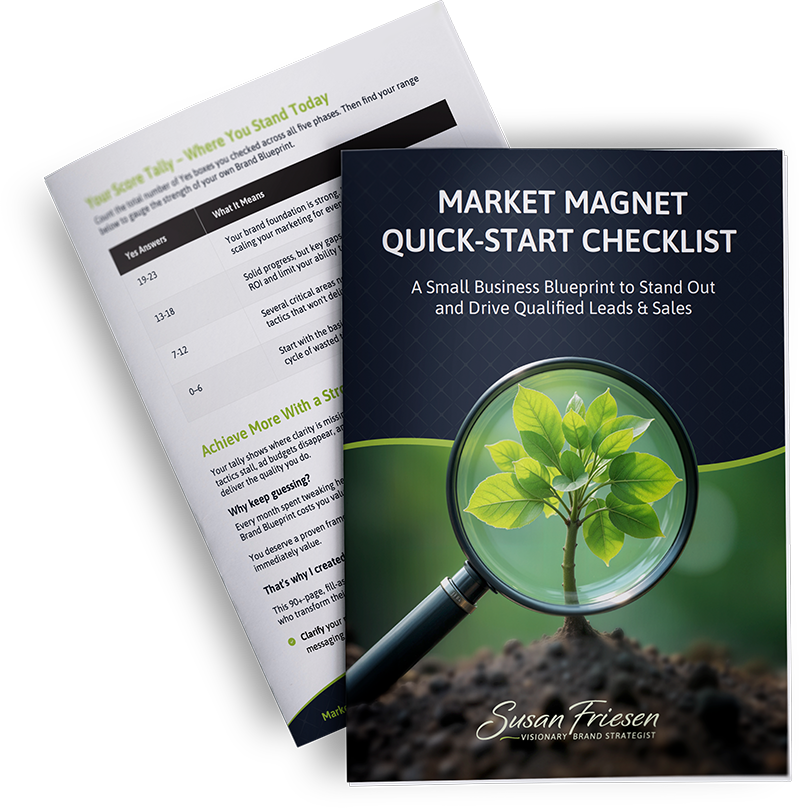I’m sure you’ve heard by now that blogging is a proven form of content marketing that drives traffic to your website. It’s true. Writing juicy articles that answer your prospects’ biggest questions and provides value is a smart way to attract your ideal target market.
Writing articles that provide value is a smart way to attract your ideal target marketClick To TweetBut writing the article is only half the battle.
The key is to optimize your blog post so it’s easily found in the search engines. And relax, you don’t need to be a techie genius to do it.
Here’s a simple guide to SEO optimize your website blog posts:
- Start by finding highly searched upon topics to write about. Google AdWords™ is the ultimate tool for helping you find high-traffic keyword phrases. Not only does it ensure you are writing about topics that thousands of people want to know about, but it also guarantees you’ll get lots of traffic to it too! Think about it. How many times have you typed “how to _____” in a search engine? You find the top article that comes up in Google and read it, right? So your goal is to have YOUR article be the one at the top when someone else does a similar search for your area of expertise.
- Write a blog title that includes this keyword phrase. When you write your blog title, it’s one of the most important parts to your piece. You want to strike a balance of something that stirs curiosity and also includes your keyword phrase. Ultimately, it should appeal to both readers and search engines so give this some extra time and thought to get the most out of your piece.
- Use your keyword phrase several times in key places in your article. These places include:
- The first paragraph,
- Keyword-rich hyperlinks,
- Image ALT tags,
- Image file names using the keyword phrase,
- Subtitles in the article using H2, H3, H4 header tags,
- The last paragraph of the article, and
- A concluding article sentence.
- Optimize your Title, Description, and Keyword meta tags. If you are using WordPress, there are plugins available such as YOAST SEO that give you the ability to quickly add these tags. Be sure to get familiar with using YOAST SEO properly so you can master the art of SEO optimizing your articles.
- At the end of your article, list related articles of interest. You could say “If you enjoyed this article, here are some related articles you may enjoy.” And list their hyperlinked titles. We have DISQUS for comments installed on our blog that does this for us automatically. Doing this gives you the opportunity to link to other related articles that are also related to similar keywords. This creates internal cross links between your blog articles that will boost your overall blog SEO.
- Post teasers and links to your blog articles on all your social media platforms. This will give you incoming links to boost the popularity of your website with the search engines. If you keep a checklist handy when you publish a new blog (we use an Excel spreadsheet), it makes it easy to get into the habit of ensuring your post is being promoted to all of the available channels.
- Be consistent. All of these tips can be very effective at driving SEO traffic to your website but ONLY if you post new articles on a regular basis. Search engines will quickly think your website has been abandoned if you haven’t posted anything new to it for a while.
If SEO makes you dizzy, just know that at eVision Media, we have a team of professionals that can help optimize your blog, drive traffic, and boost engagement by promoting your content on your blog. I recommend Yeah! Local for all your SEO needs. They will help you and show you the results you want. Happy blog posting! To your success, Susan Friesen







